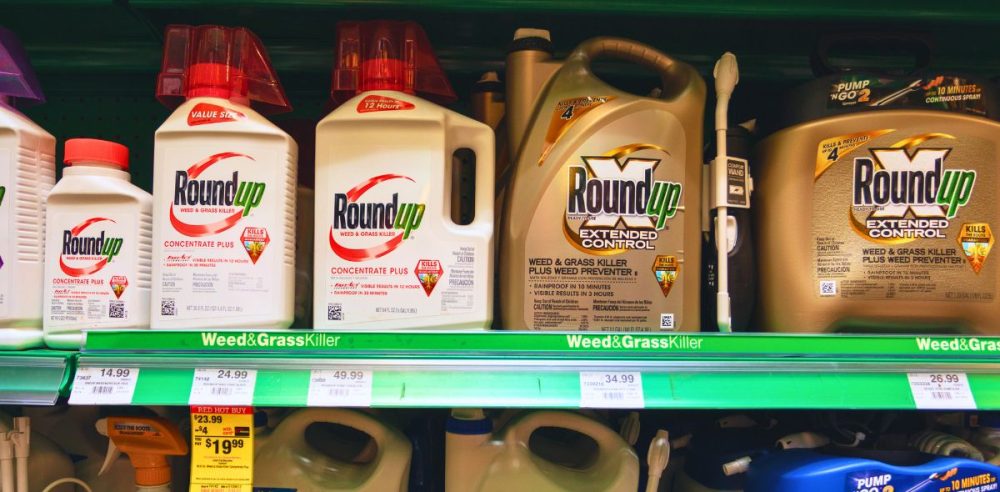A jury in Georgia has directed Bayer, the parent company of Monsanto, to pay over $2 billion in damages to a man who claimed its product Roundup caused his cancer.
The decision follows prior court battles against Monsanto over the alleged health risks of its popular herbicide product. The company says it will appeal the latest verdict, which represents one of the largest settlements ever in a Roundup case.
Law firms Arnold & Itkin LLP and Kline & Specter PC said in a statement that the jury awarded the plaintiff, John Barnes, $65 million in compensatory damages and $2 billion in punitive damages.
Last year, The Dallas Express spoke to then-independent presential candidate Robert F. Kennedy Jr. before his address at an environmentalist conference, EarthX, in Dallas. Kennedy, who is now the U.S. Secretary of Health and Human Services, said at the time that if elected as president, he would work to help keep Texas waters clean from carcinogenic chemicals like those found in Roundup.
“The [National Institute of Health], because it is captured by the chemical industry, does not do the kind of studies [and] does not require the kind of studies that need to be done to determine the safety of these products –– and because of that, the manufacturers get to keep poisoning people and animals, etc., without any consequences,” he said.
Bayer has faced over 177,000 lawsuits around the weedkiller’s links to cancer. The company maintains a $16 billion purse to settle cases related to the matter.
“We disagree with the jury’s verdict, as it conflicts with the overwhelming weight of scientific evidence and the consensus of regulatory bodies and their scientific assessments worldwide,” Bayer wrote in a statement following the verdict.
“We believe that we have strong arguments on appeal to get this verdict overturned and the excessive and unconstitutional damage awards eliminated or reduced. The court previously granted the majority of the company’s motion for a directed verdict finding that the plaintiff had failed to prove most of their causes of action in this case,” the press release continued.
Roundup’s key ingredient, glyphosate, has been linked to cancer in some studies. While the U.S. Environmental Protection Agency says it is likely not carcinogenic to humans, Monsanto continues to face lawsuits alleging the product caused non-Hodgkin’s lymphoma.


